Castellammare di Stabia

Castellammare di Stabia is a small town in the Gulf of Naples, shaped as a natural bowl among the hills, into an extremely fertile area, rich in mineral waters.
Castellammare was built over the ruins of the ancient Stabiae: a delightful village totally destroyed in 79 AC by the violent eruption of the volcano Vesuvio, which buried even Pompeii and Herculaneum.
According to many opinions, the name derives from the medieval castle that overlooks the Gulf of Naples. The castle, which is now situated along the state highway to Sorrento, nearby the sanctuary of Madonna della Libera, was built by the Sorrentines, in order to protect their own duchy.
It was renewed under the kingdom of Frederick II of Swabia and subsequently enlarged by Charles I of Anjou, and erroneously called “Castello Angioino”. Today the castle is a private property and can be admired only from outside. The name of the town derives actually from the position of the castle: on a promontory at about 100 metres above the sea, Castello a Mare means indeed "Castle on the Sea".
Thermal centre renowned since 1800, the water patrimony of Castellammare di Stabia is its first sustenance. The thermal baths must be mentioned because of their great importance: besides lovely days of water tasting, these amazing Spas offer therapeutic treatments and cultural events, too.
The ancient archaeological finds of Stabiae, along with the charming architecture, the numerous churches, and the wonderful works of art of the old town centre make Castellammare di Stabia a perfect place for a relaxing vacation for the ones who love a bit of cultural excursions besides amazing beaches and fully equipped resorts.
Actually Castellammare is one of the cities with the highest number of tourist presences in hotels, holiday villas and B&B: this amazing result is due to its strategic position, near internationally known tourist places like Pompeii and Sorrento, but much cheaper than them.
The Cathedral of Castellammare, located in Piazza Quartuccio, has been object of many restyling works throughout the years, as it got heavily damaged from the earthquake of 1436. The works lasted from 1587 to 1875, when the chapel dedicated to the Patron Saint, St Catello, was finally ready, and the bishop Sarnelli consecrated it. You will be able to admire notable paintings of Giuseppe Bonito and Nunzio Rossi. A beautiful chapel in honour of Our Lady of Lourdes and the chapel of Santissimo Sacramento, with a war memorial. Every year, for Christmas, the believers set up a gorgeous crib with human height statues.
The sanctuary of Madonna della Libera is situated on the mount St Cataldo and is now presided by Capuchin Friars. The church is a modest building, without any relevant or historically important elements, except of the major altar that holds a fresco on the rock dedicated to the Virgin, dated back to the XII century. Every 18th of the month the inhabitants of Castellammare celebrate this important effigy.
Do not miss two food festivals close by the sanctuary:
- “Sagra dell’Acqua della Madonna e del Biscotto di Castellammare” dedicated to the water and typical local biscuits, made with white flour, sugar, vanilla, leavened dough, water and butter and have a special long shape.
- “Sagra delle Camarelle” – is celebrated in September, when you could taste typical dishes, like pasta and beans and the fantastic local honey.
Browse carefully selected vacation home rentals in Castellammare di Stabia.

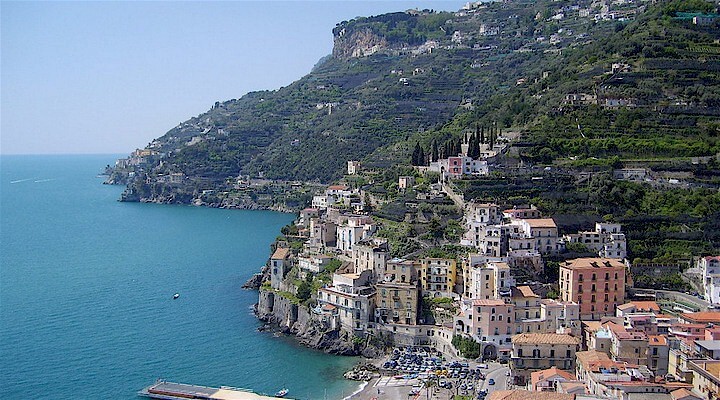 Amalfi Coast
Amalfi Coast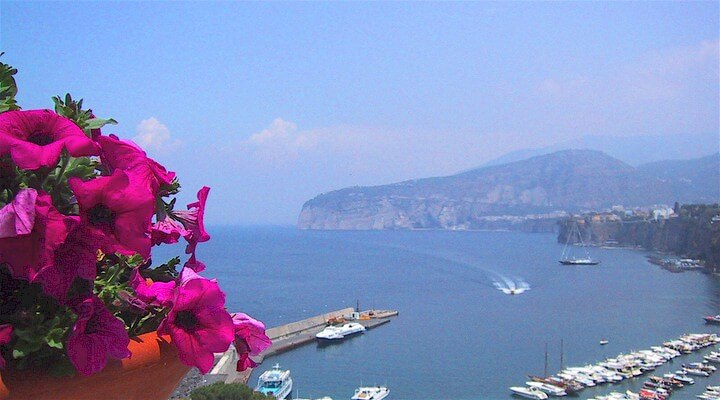 Sorrento Coast
Sorrento Coast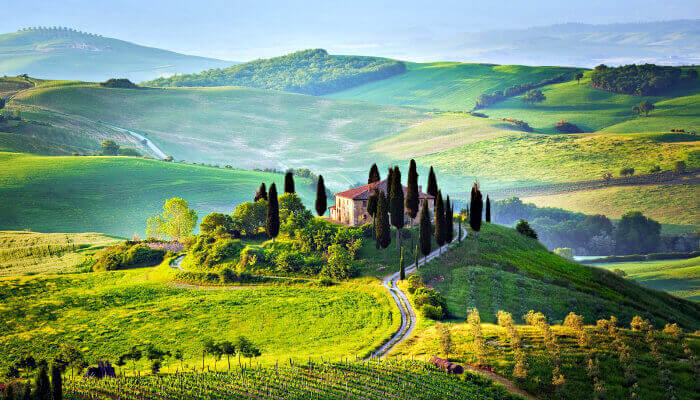 Tuscany
Tuscany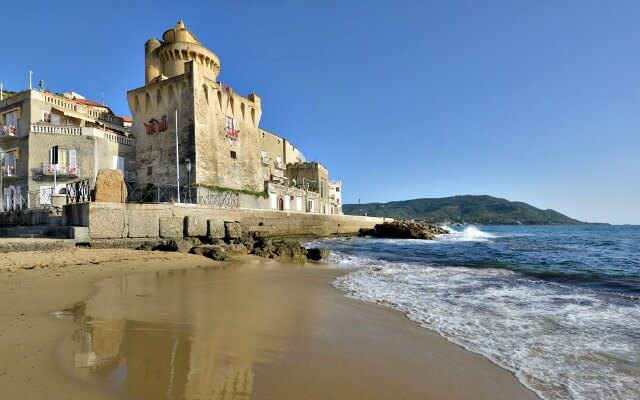 Cilento National Park
Cilento National Park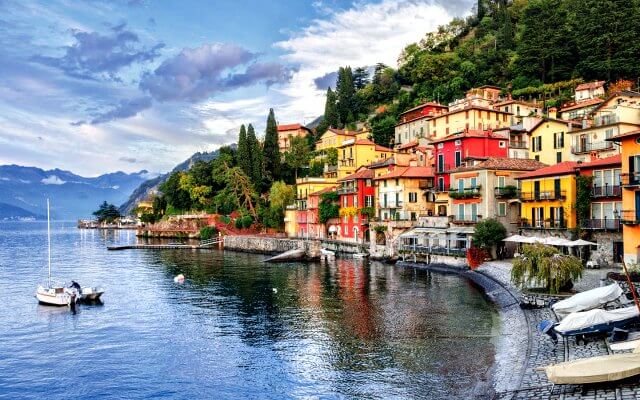 Lake Como
Lake Como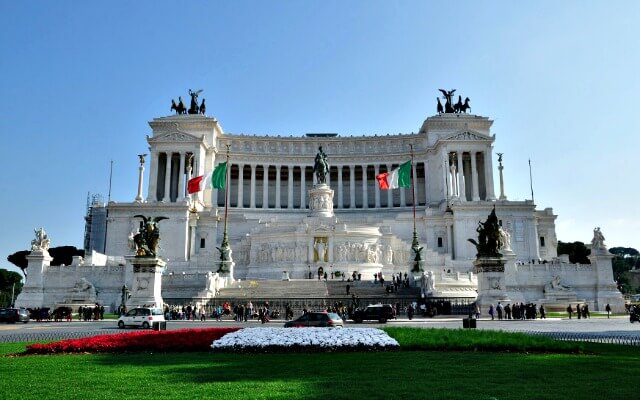 Rome and Latium
Rome and Latium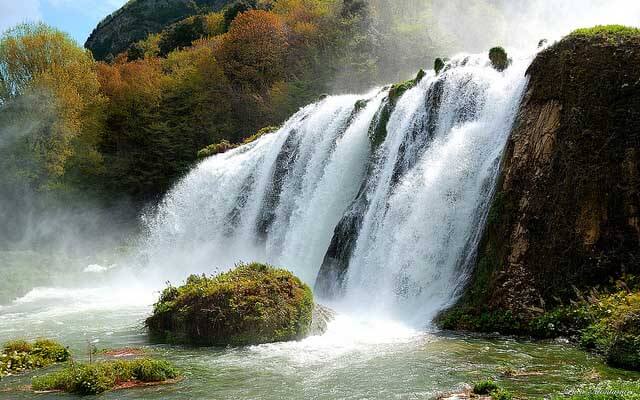 Umbria
Umbria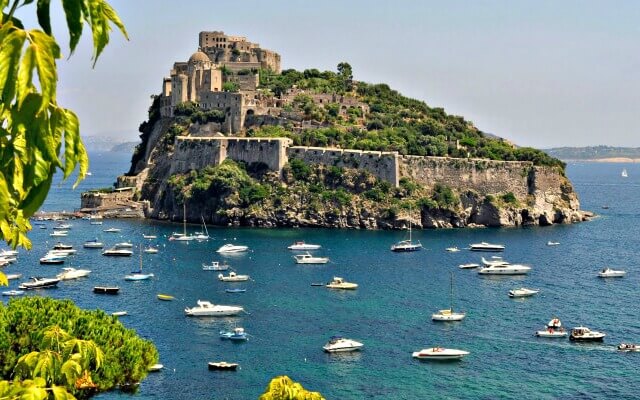 Capri and Ischia
Capri and Ischia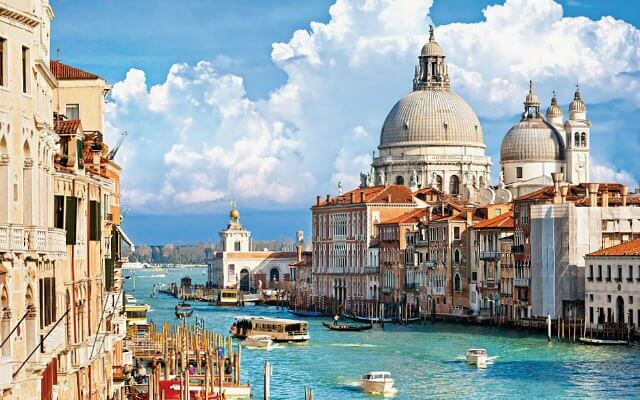 Venice
Venice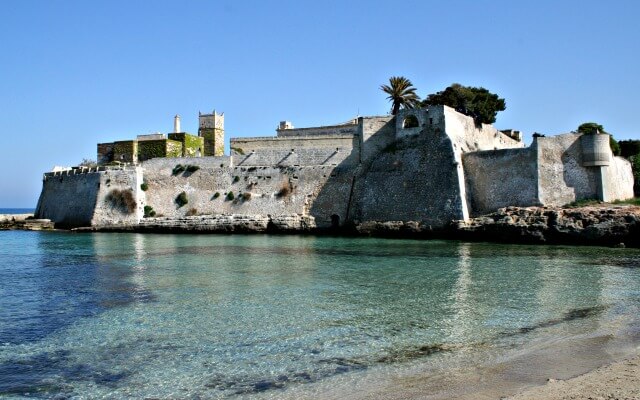 Puglia (Apulia)
Puglia (Apulia)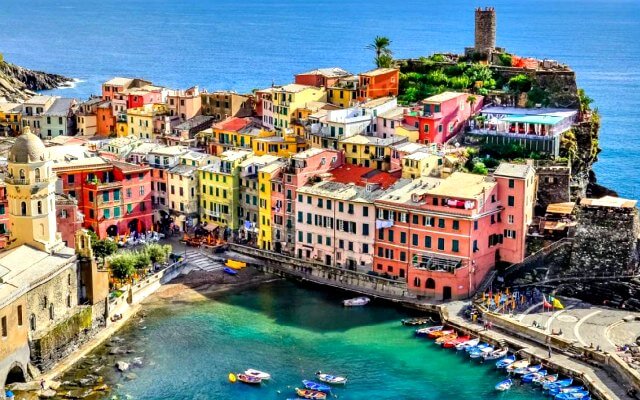 Liguria
Liguria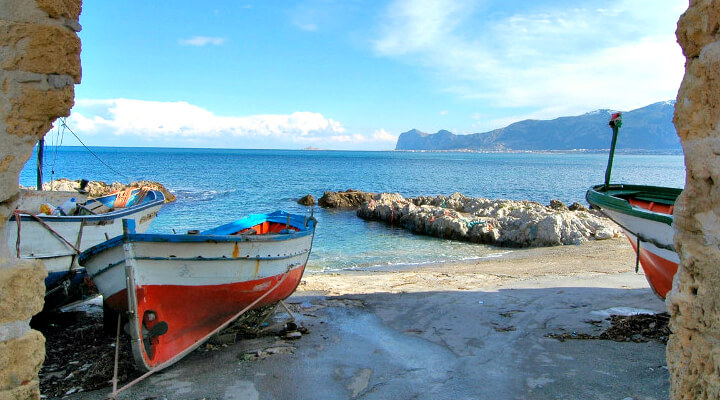 Sicily
Sicily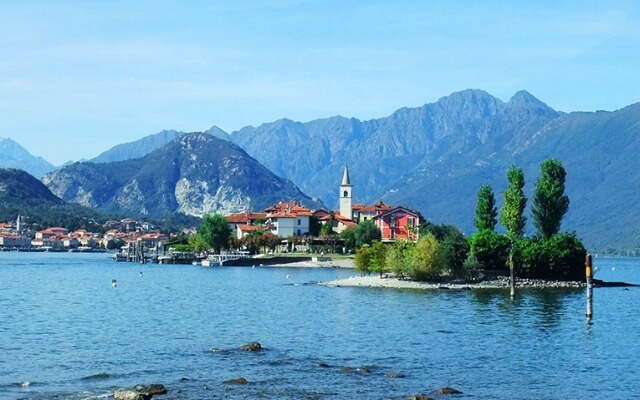 Lake Maggiore
Lake Maggiore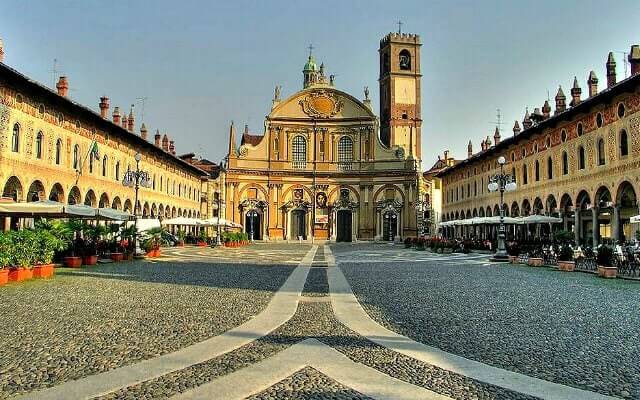 Lombardy
Lombardy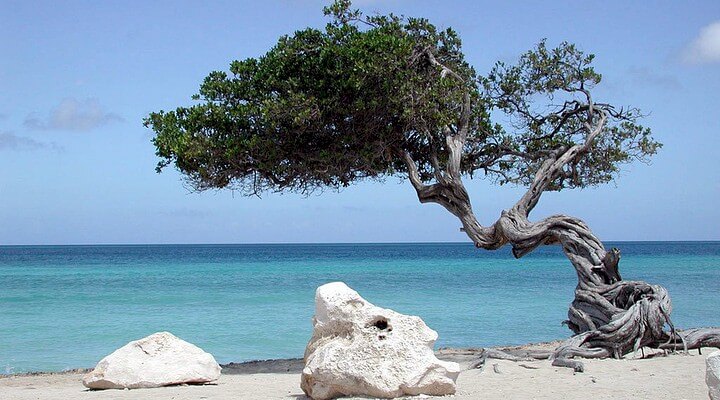 Sardinia
Sardinia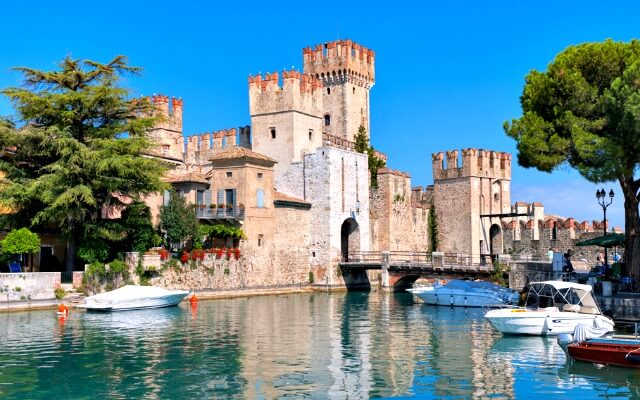 Lake Garda
Lake Garda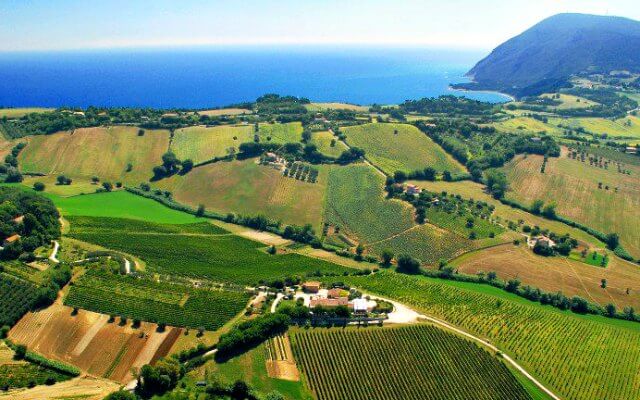 Abruzzo and Marche
Abruzzo and Marche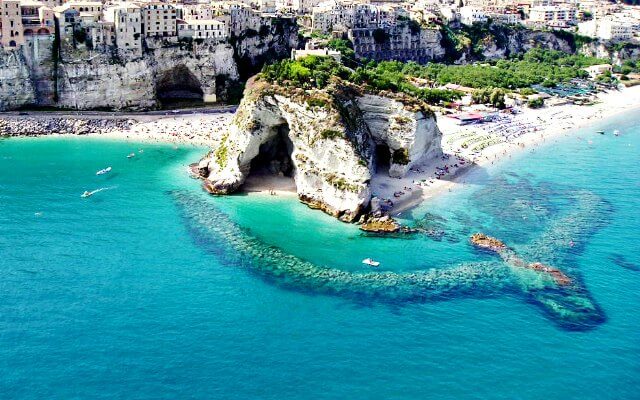 Calabria
Calabria

